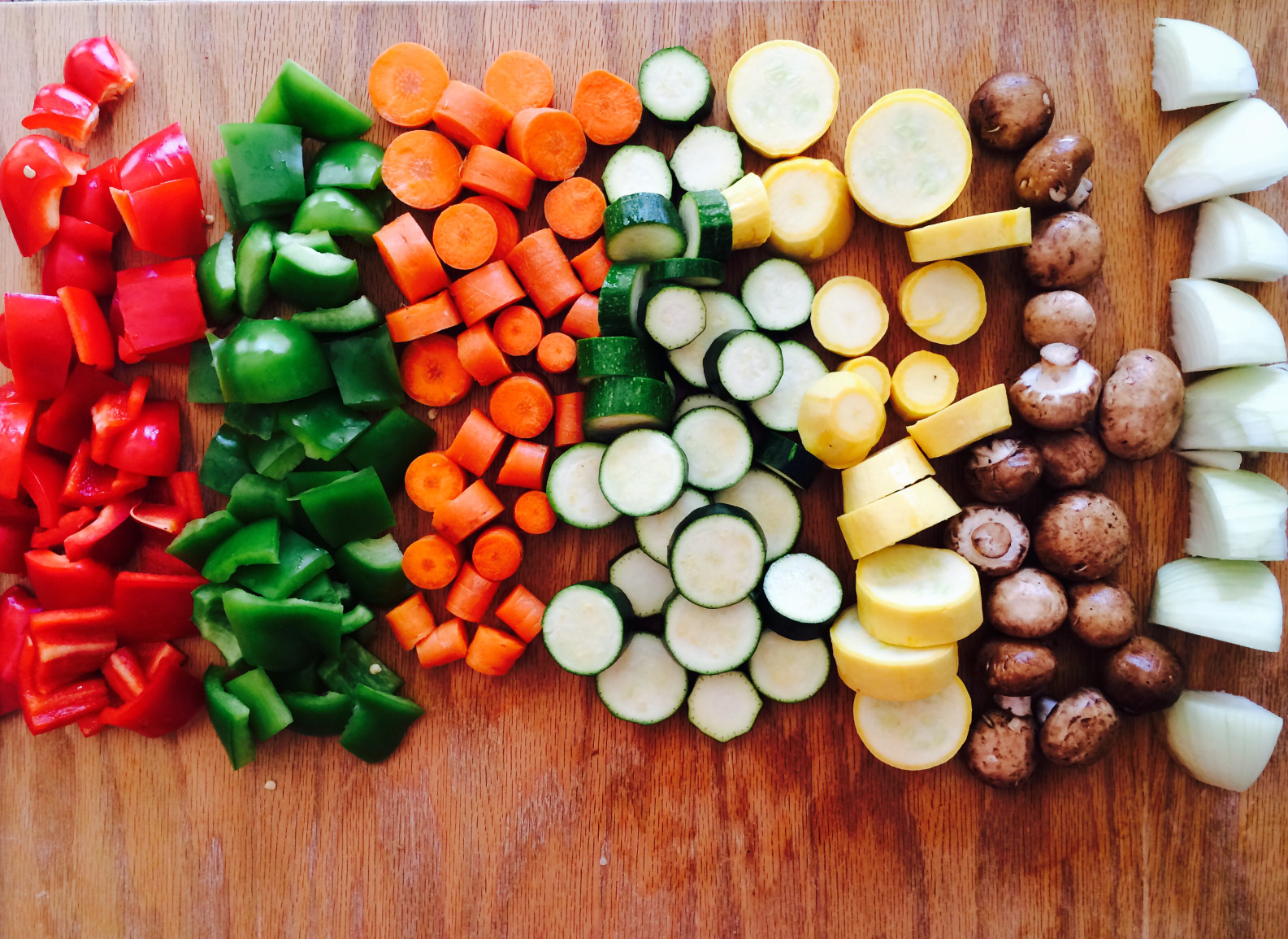In a recent article, we revealed 21 of the healthiest foods available – and as promised, we are providing a continuation to the list. Nutrition is essential to a vibrant and healthy lifestyle, and knowing which foods are most nutrient-dense can help you optimize your health and your life.
Some foods have been deemed taboo in specialized diets, but the below foods are nutritious for most people and healthy in their natural form.
Vegetables: We begin with the wide array of vegetables everyone should have in their kitchen. Try to eat several varieties daily for a concentrated source of vital nutrients. Vegetables such as artichokes, Brussel sprouts, eggplant, celery, lettuce, mushrooms, zucchini, squash, radishes, and cabbage are all great choices – but the vegetables listed below are powerhouse options.
1. Asparagus: These popular vegetables are low in carbs but one of the best natural sources of vitamin K.
2. Bell Peppers: Like nuts, bell peppers satisfy the need for crunch while delivering tons of antioxidants and vitamin C. Choose red, yellow, or green peppers – they are all delicious.
3. Broccoli: raw or cooked, this vegetable provides significant amounts of fiber, vitamins C & K, and even protein.
4. Carrots: These crunchy root vegetables provide fiber, vitamin K and carotene antioxidants.
5. Garlic: Garlic is one of the most powerful foods we can eat, and it is incredibly nutritious, improves immune function, and fights infection.
6. Kale: Packed with fiber and vitamins C and K, kale is fast gaining popularity as a basis for salads.
7. Tomatoes: Although technically a fruit, tomatoes provide ample amounts of potassium and vitamin C.
Legumes: If you are looking for an excellent plant-based source of protein, iron, and fiber, legumes are your answer. Legumes contain antinutrients, which can block nutrient absorption and hamper digestion. You can minimize antinutrient content by soaking and preparing legumes correctly.
8. Kidney beans: Full of fiber, vitamins, and minerals, kidney beans are toxic when raw – so be sure to soak and cook thoroughly.
9. Lentils: Also high in fiber and protein, lentils are among the healthiest legumes.
10. Peanuts: You may be surprised to learn that peanuts are legumes, not nuts. They are full of antioxidants and nutrients – but watch your peanut butter consumption, which can be loaded with sugar and calories.
Tubers: Plants have storage organs known as tubers which contain several beneficial nutrients.
11. Potatoes: These tubers are rich in potassium and contain small amounts of nearly every other nutrient a human needs, including vitamin C. Potatoes also keep us full and satisfied for long periods.
12. Sweet potatoes: These starchy foods provide loads of antioxidants, beta carotene, and vitamin A.
Grains: Whole grains offer a variety of micronutrients and fiber and provide energy for your body. However, one should be aware that they can have a high carbohydrate content.
13. Brown rice: Rice is a staple food for more than half the world’s population. Brown rice delivers fiber, vitamin B1, and magnesium.
14. Oats: Packed with nutrients and potent fibers called beta-glucans, oats are highly nutritious and assist in lowering cholesterol and feeding beneficial bacteria in the gut.
15. Quinoa: This grain has gone mainstream because it tastes good; it is high in fiber, magnesium, and plant-based protein.
Fats and Oils: Healthy diets that include unsaturated fats and oils are considered beneficial for adults. Most oils are not great for our overall health, but these two options are exceptions.
16. Extra-virgin olive oil: The healthiest of vegetable oils contains heart-healthy monounsaturated fats and is rich in powerful antioxidants.
17. Coconut oil: Although a saturated fat, coconut oil contains MCTs and has similar health benefits to olive oil. Use in moderation if you have cholesterol issues.
Dairy: Not everyone can tolerate dairy. For those who can, dairy products provide many essential nutrients. Full-fat dairy is the most nutritious option, and research proves that those who consume it have a lower risk of obesity and type 2 diabetes. Dairy from grass-fed cows is higher in healthy bioactive fatty acids such as conjugated linoleic acid and vitamin K2.
18. Cheese: A single slice of cheese can provide the same nutritional content as a cup of milk.
19. Whole milk: The best dietary source of calcium is also very high in vitamins, minerals, quality animal protein, and healthy fats.
20. Yogurt: This product is made of fermented milk and has the same health benefits as milk, but with added friendly probiotic bacteria.
A bonus last item on our list is dark chocolate, which has high levels of magnesium and is one of the most potent sources of antioxidants.
In Conclusion:
Eating nutritious food is one of the best ways to ensure a healthy life. However, some of the above foods may be problematic if you have specific health issues. Working with a certified nutritionist guarantees that you get the right mix of nutrients and supplements to best support your own health and immunity.
Call Longevity Wellness Clinic today for more information.



